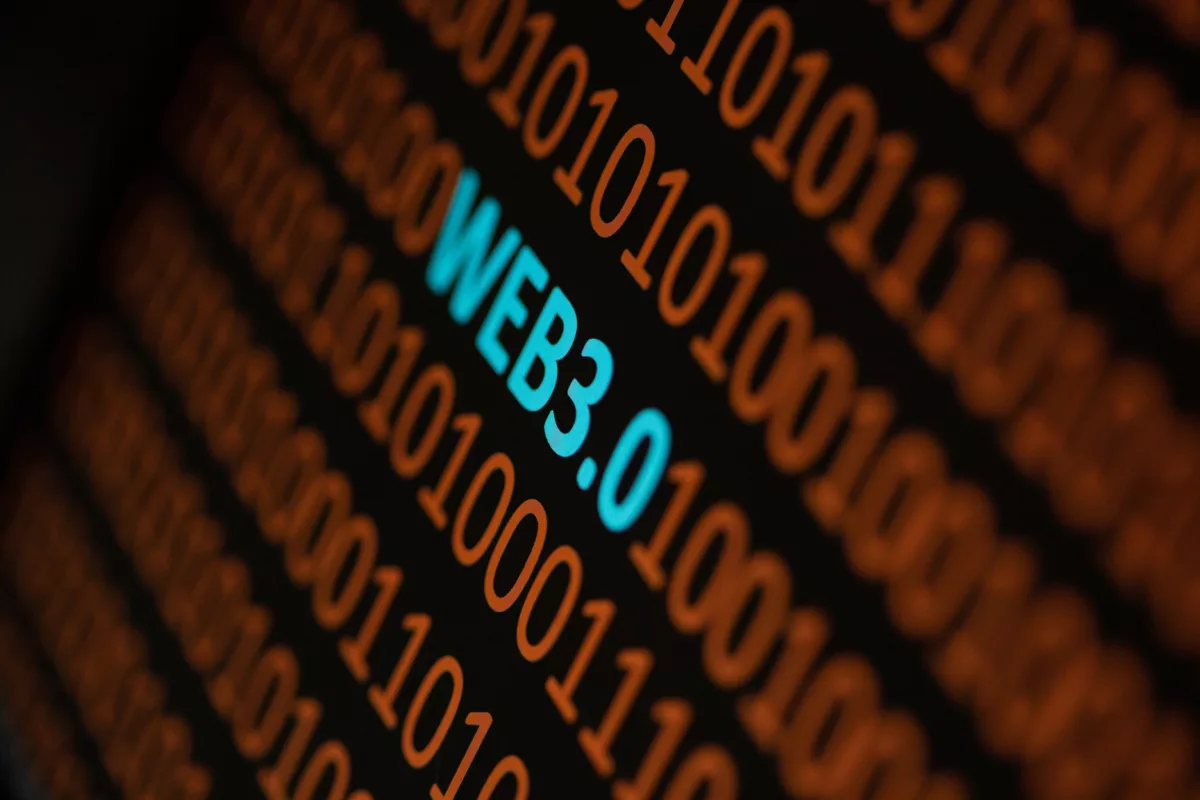The internet revolutionised how we connect, exchange information, and build new worlds. While it has delivered immeasurable progress, the emergence of centralised digital powers raises concerns about control, privacy, and the distribution of economic benefits.
Enter blockchain technology, which allows for transparent tracking and immutable security of data and transactions without the need for a central authority or intermediary.
Enter Web3 technology, technology built on top of decentralized technologies like blockchain and distributed ledger technology.
Both of these technologies enable the creation of secure and transparent systems without a central authority or intermediary. It is a decentralized ecosystem resulting in the decentralization of digital power.
Blockchain – Not Just for Crypto
Let’s unpack blockchain. We all know it’s linked to cryptocurrencies like Bitcoin, but blockchain is so much more. Think of it as a digital ledger shared and maintained across a network of computers. It’s decentralised, meaning no single entity owns it. Every transaction is transparently recorded in time-stamped “blocks,” creating an unchangeable history. This tamper-proof design is where the magic lies. Read more below to find out how.
Blockchain – Use Cases That Matter
New Digital LEGO Bricks: Much like the internet gave us building blocks for websites, social media, and e-commerce, blockchain gives us the tools to construct truly decentralised services. These can shift power back toward users and creators.
Redesigned Governance: Online decision-making can take a cue from blockchain with clear voting systems. We can also decentralise funding processes by allowing communities, not big institutions, to direct resources. Imagine if your city budget got allocated according to secure community votes.
Tokenisation: This turns ownership of digital and even real-world assets (think artwork to real estate) into tradeable tokens on the blockchain. It opens up new opportunities for fractional ownership and democratising traditionally hard-to-access markets.
Offline vs. Online: Where Is the Power?
Offline decision-making structures (governments, corporations) tend to move slowly yet offer some stability. On the other hand, today’s social media giants dictate information flows, impacting global economics, politics, and our very culture. But it’s centralised, creating single points of failure and vulnerable to control.
Blockchain aims for the best of both worlds. Communities could govern themselves through secure online mechanisms while benefiting from the tamper-resistant, trustworthy ledger that is blockchain. The potential for reduced corruption and greater individual participation in decisions that affect them is huge.
A Word of Caution: Hype vs. Reality
We need to be honest. Blockchain development is still early. Not every issue will be instantly solved with “add blockchain and stir.” Yet, blockchain has transformative potential that parallels the internet’s early promise. The question is how responsibly we’ll wield this tech. Do we move towards a more open, user-centric future, or simply re-create old power structures within new technology?
Join the Conversation
We stand at a critical juncture. Let’s debate how blockchain and Web3’s unique combination of decentralisation, transparency, and security can redefine how the digital world shapes our rights, power structures, and opportunities. The future is being built. Are you ready to participate?

